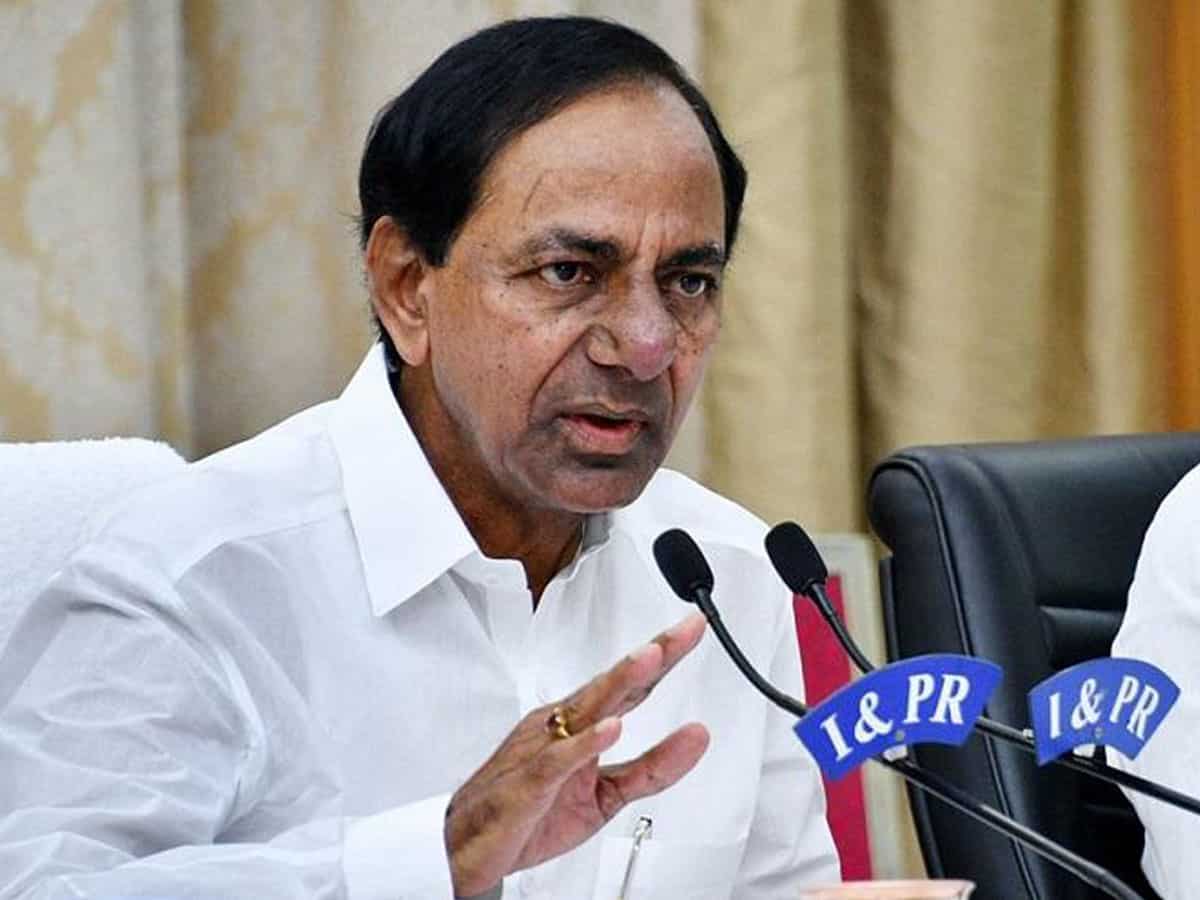Syed Hurairah
Hyderabad: There is considerable consternation and confusion over the National Population Register. Will the Telangana government push the brakes on this exercise? Will Majlis-e-Ittehadul Muslimeen president Asaduddin Owaisi and his band of religious figures from the United Muslim Action Committee prevail upon Chief Minister K Chandrasekhar Rao? Or, will the NPR 2020 go ahead as planned, along with Census House Listing 2021 from 1st April 2020?
There are more questions than answers. And a large part of this is the ambiguity due to the Government of India refusing to come clean on the NPR. Despite all this, few know that the Telangana government embarked upon this exercise as early as 2015.
Barely a few months after the formation of Telangana, the State government’s General Administration Department in 2015 re-published a notification of the Ministry of Home Affair’s notification in the Telangana Gazette. The gazette stated that the NPR would be updated in the State. And not only that, the gazette also reads that the NPR database would be linked with Aadhaar cards. It is learned that the process continued till early 2018.
In a series of Government Orders (GOs) since 2015, the Telangana government released funds running into several crores of rupees for updation of NPR data and linking this with Aadhaar database. The GOs state that this process was taken up throughout Telangana and in districts, including within the jurisdiction of the Greater Hyderabad Municipal Corporation.
But, to clarify, the NPR exercise was as per the 2010 format and not the one which is expected to be rolled out from 1st April 2020. It would be pertinent to mention that the new NPR format contains an alarming set of questions. These questions are connected to the date of birth and place of the citizen’s parents.
On 7th October 2015, the Telangana government’s Planning Department issued G.O.MS.No. 12 by which it appointed seven levels of officials as ‘Registrars of Citizen Registration’. Village Revenue Officers were designated as Local Registrars of Citizen Registrations. Their jurisdiction would be the village. The Deputy Tahsildar was designated as Additional Sub-district Registrar of Citizens Registration. Their jurisdiction was the mandal in which they were posted in. The Tahsildar was designated as Sub-district Registrar of Citizens Registration. The highest authority in the district was the District Collector.
In urban areas, where municipal corporations and municipalities function, the bill collector was designated as Sub-district Registrar of Citizens Registration who would function within a ward or division.
“I saw those documents and was surprised to see that VROs and Bill Collectors were given powers to be registrars of citizenship registration. These are very vast powers. In today’s context, and if the NPR goes as planned with the new questionnaire, these powers can be problematic. How can citizens be assured that there will be no corruption or bias,” said Masood S Q who is an activist from Hyderabad. He has filed a Public Interest Litigation in the Hyderabad High Court contending that the NPR is ultra vires.
Other documents show that the Telangana Government spent crores of rupees in all districts combined for linking NPR and Aadhaar cards of citizens. For example, in May 2016, Warangal was given Rs. 1,33,83,102, Mahboobnagr district was given Rs. 1,10,77,960, and Adilabad was sanctioned Rs. 1,04,81,665 towards expenses for linking updating of NPR and linking it with Aadhaar. The allocations were made for all previous districts of Telangana.
The Telangana government made similar allocations in all districts in November 2016.
However, what is most alarming is that how not only could such a massive process have gone under the radar of a large number of citizens, but also a wider debate on the NPR process, notwithstanding the old questionnaire format, was not debated.

